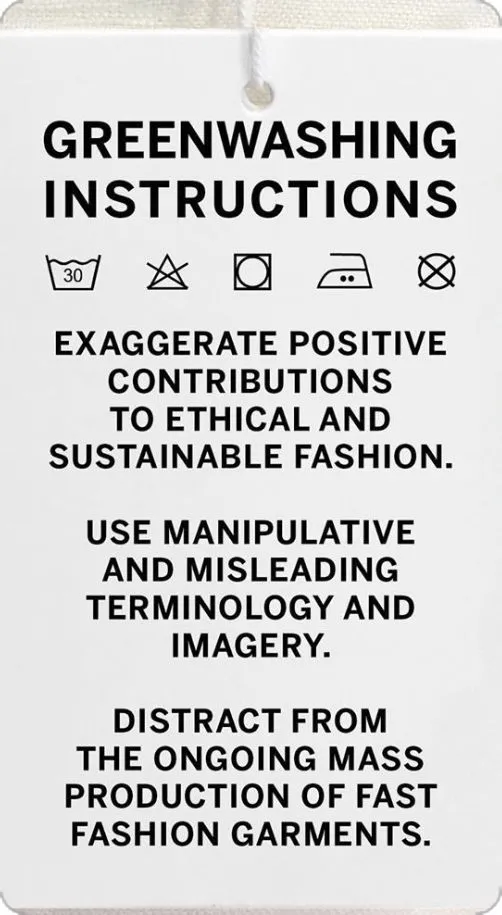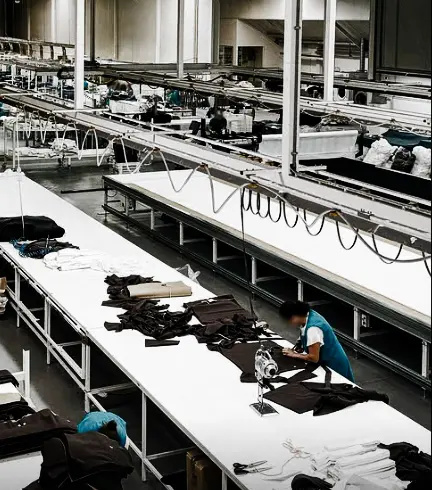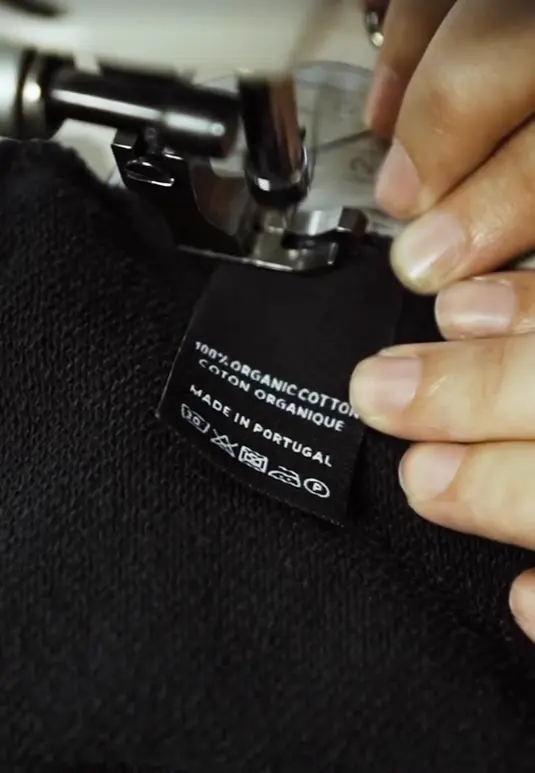Jōhatsu is not “ethical”. Respecting people and planet isn’t a label—it’s common sense and should be standard. “Ethical” gets tossed around like a buzzword.
Is exploiting workers or harming our planet acceptable? No. Are companies really choosing between ethics and immorality? I hope not.
I didn’t think about being “ethical”. No shortcuts. No compromises. Just respect—for everyone and everything involved, including sharing with charity.
Operating at my level, I prioritize sustainability wherever possible, beginning with eco-friendly water-based inks for screen-printing. They’re environmentally responsible, safer for me to work with, and create comfortable, breathable prints.
I keep production small and run pre-orders to avoid waste. Every piece is made with care—not churned out in bulk.
I could have worked with tee shirt suppliers like Stanley/Stella, Sol’s, or Continental Clothing—I’ve used them in the past. Their products are solid (and affordable), usually between 150 and 180 GSM1. But, unfortunately, as I understood they manufacture in Bangladesh and other Asian locations. Even when workers are treated fairly, I live in Germany and mostly sell within Europe. Shipping from halfway around the world isn’t exactly eco-friendly.
With Jōhatsu, I aim for tees more premium (220, 240 GSM) and as local as possible.
I’m delighed with the supplier I found—they’re Portugal-based, responsive, treat their employees well, pay fair wages, and deliver top-quality products, made from cotton grown without chemicals or GMOs, using 50% less water than conventional cotton, to be definitive, their motto, ‘Make fashion green again,’ says it all.
I tested their product for months before committing, making sure the fit, durability, and feel were spot-on. No shortcuts here.
At Jōhatsu scale, not much more I can do, but I’m open for suggestion !
At the end of the day, it’s simply t-shirts. But by supporting brands like Jōhatsu and other small businesses, you’re helping to push the industry toward something better—where both people and the planet actually matter.
Follow Jōhatsu on Instagram or Facebook—whichever you prefer. I don’t post often on social media, so be sure to sign up to the newsletter, for occasional news and updates, but mostly for early access to each drop, one week before everyone else.
Frankie
- GSM refers to the grams per square meter of fabric, which is a common way to measure fabric weight. Fabrics with a higher GSM number tend to be thicker and more durable. ↩︎




